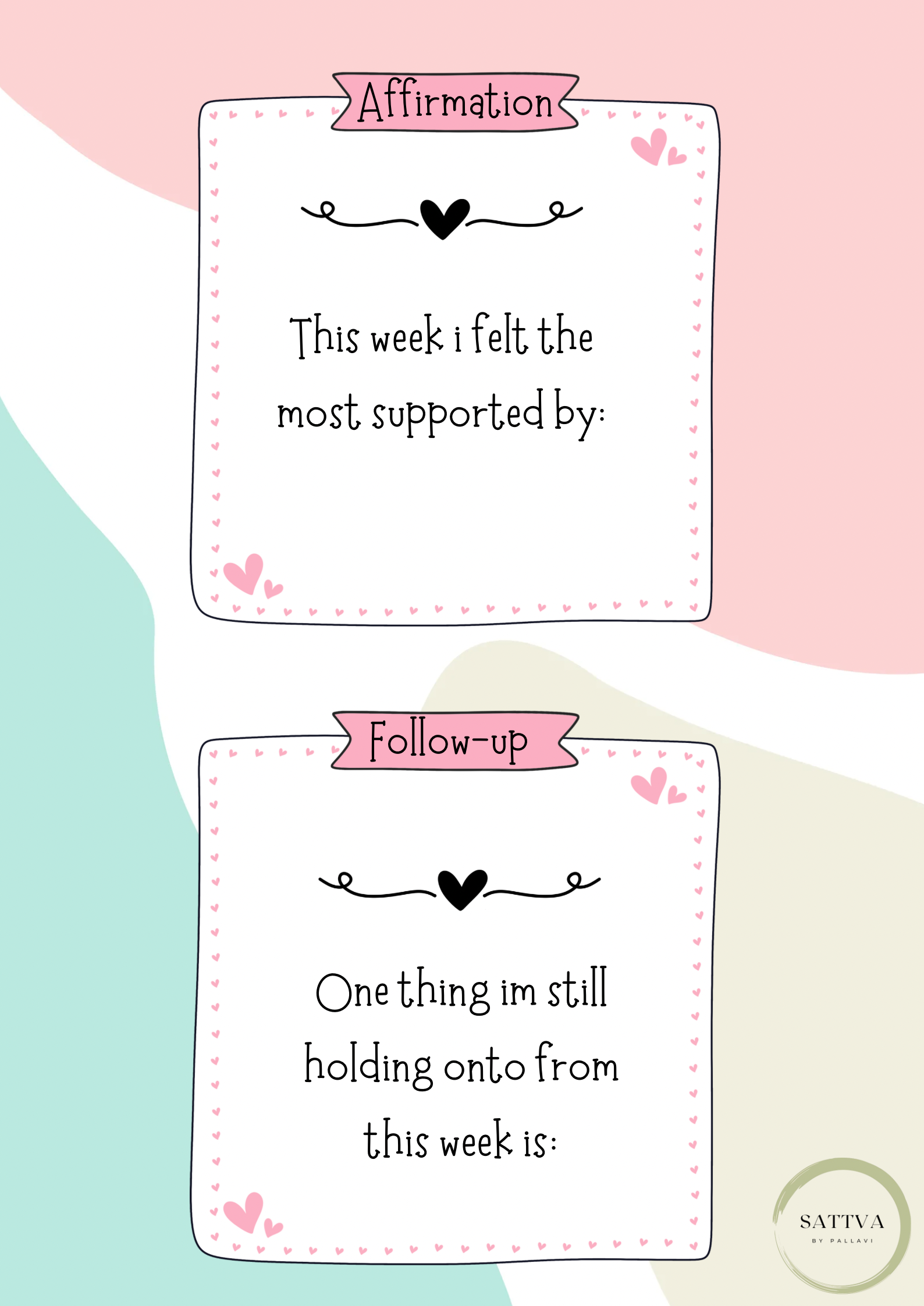“I’m not asking you to solve it—I just want you to hear me.” If you’ve ever heard or said something like this, you already know what Emotional Intelligence (EQ) in relationships feels like. It’s the invisible thread that helps couples understand each other beyond just the words. EQ isn’t just about staying calm or being …
“I’m not asking you to solve it—I just want you to hear me.”
If you’ve ever heard or said something like this, you already know what Emotional Intelligence (EQ) in relationships feels like. It’s the invisible thread that helps couples understand each other beyond just the words.
EQ isn’t just about staying calm or being nice. It’s about:
- Recognizing and regulating your own emotions
- Tuning in to your partner’s emotional cues
- Communicating in a way that builds connection, not conflict
What Is Emotional Intelligence in a Relationship?

At its heart, EQ in relationships is the ability to stay emotionally connected—even when life (or arguments) gets complicated.
It involves:
Self-Awareness
Knowing what you’re feeling and why you’re reacting the way you are.
Empathy
Sensing what your partner might be going through—even when they haven’t said a word.
Intentional Communication
Speaking and listening in ways that strengthen, not strain, your connection.
EQ in Love = Emotional Curiosity + Emotional Responsibility
When EQ is Working, It Looks Like This:
- Disagreeing without screaming or shutting down
- Supporting each other when stress hits
- Expressing feelings with kindness
- Picking up on unspoken needs
- Staying curious (instead of defensive) in tough moments
4 Simple EQ Habits to Practice as a Couple
Pause & Check-In
Ask yourself: “What am I actually feeling right now?”
It helps to respond from understanding rather than reaction.
Listen to Understand, Not to Win
Just listen. Fully.
Try not to interrupt or mentally draft your comeback. Let your partner feel heard.
Validate Before Solving
“I get that this is hard” often means more than “Here’s what to do.”
Validation creates safety.
Take Breaks When It’s Heated
Timeouts aren’t immature—they’re strategic.
Cooling off helps you re-engage with clarity, not chaos.
EQ Isn’t About Being Perfect—It’s About Being Present
You’re not always going to say the right thing, and you won’t always get it right on the first try. But when you show up, stay curious, and listen with your heart—not just your ears—you’re building something real.
Relationships built on EQ feel like:
- “I can be fully myself here.”
- “We fight fair.”
- “We repair, not just rupture.”
Bonus Activity:
The “Emotional Temperature” Check-In
Try this once a week with your partner:
Prompt: “This week, I felt most supported by you when…”
Follow-up: “One thing I’m still holding onto from this week is…”
You’ll be surprised how much you learn with just two sentences.

Final Thoughts
Emotional intelligence isn’t some fancy relationship hack—it’s the foundation of deeper connection, trust, and mutual growth. It allows you to move from reacting to relating, from tension to understanding. And the best part? You don’t have to be perfect at it.
Start small. One check-in. One pause before reacting. One “I get you” instead of “Here’s the fix.”
Because when you show up emotionally, you’re not just building a better relationship—you’re building a better version of yourself, too.
Ready to practice that kind of love?
Credits: Therapist Christymol







